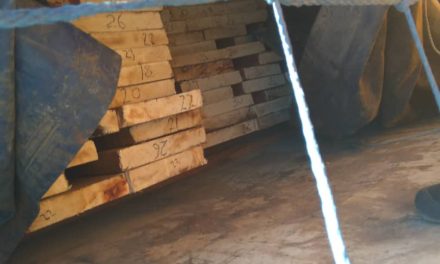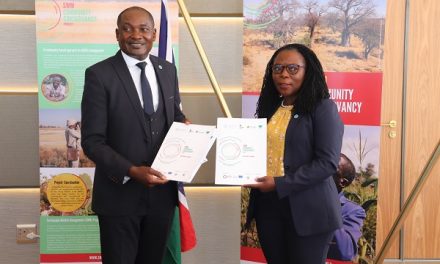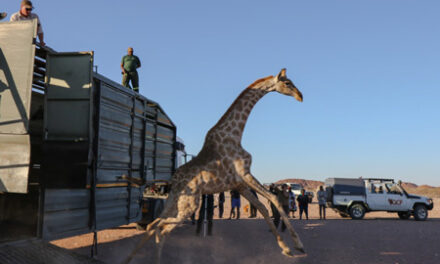
How can devil’s claw help to alleviate poverty?

The Scientific Society will be hosting researcher Jessica-Jane Lavelle in a public talk, “Digging deeper for benefits: understanding rural local governance and the challenges to poverty alleviation and sustainability in the Zambezi Region, using devil’s claw (Harpagophyum spp) as a lens”, on 28 March.
According to the society, the interactive presentation will share the finding of the research and offer the opportunity to engage in forging innovative ideas for moving forward with community-based natural resources managing in the country.
Lavelle will also discuss how two-thirds of the population lives in communal areas and largely depends on natural resources for subsistence and income generation.
She will focus on how the Zambezi Region is home to perennial rivers, vast tracts of forest, the endangered wild dog, the vulnerable pangolin and one of the largest herds of elephants in Africa, even though the region has been classified as the second poorest in Namibia with nearly 40% of people classified as poor and how poverty increased by 7.2% between 2001 and 2011, according to the National Planning Commission.
Lavelle maintains that understanding rural governance and barriers to poverty alleviation and sustainability requires attention.
According to her, rural governance in Namibia is complex having undergone significant changes over time with the disruption of customary systems by the colonial and apartheid regimes, the recognition of the traditional authorities by the State and the introduction of community-based natural resource management.
Therefore, she said, to understand this complexity, the research used commercial harvesting of devil’s claw, a high-value medicinal plant, as a lens to examine governance and the livelihood and sustainability outcomes at the local level. This has revealed many previously unnoticed aspects of the prosperity or lack of it, of rural communities, which is the basis of what Lavelle will address in her public presentation.














































